PCOS Food Plan: What to Eat and What to Avoid
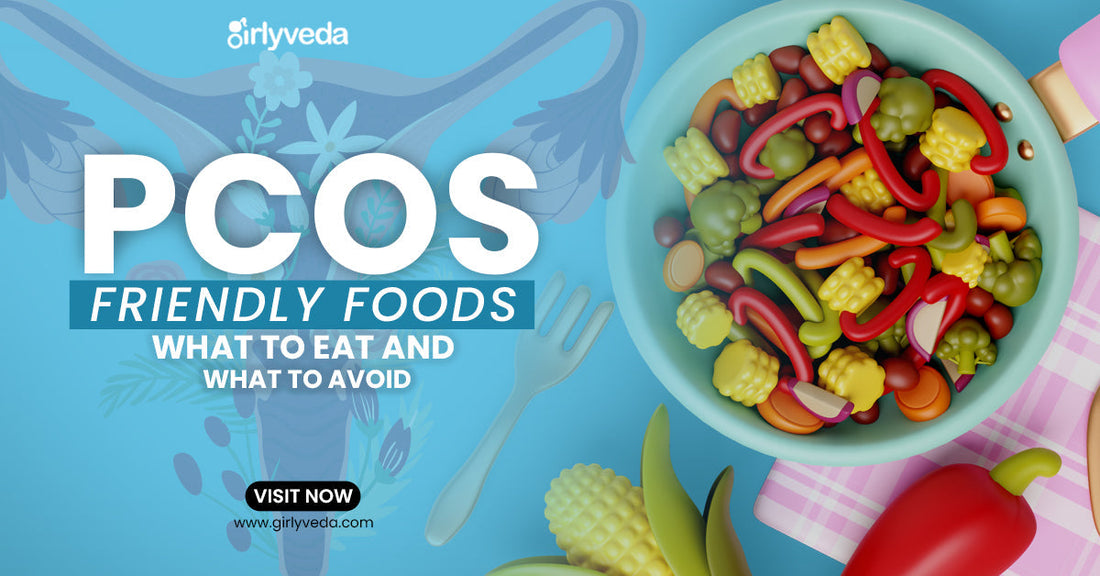
When Maya was first diagnosed with PCOS (Polycystic Ovary Syndrome), she felt like her body had turned against her. The symptoms of bloating, irregular periods, and weight gain were overwhelming. But more than the symptoms, what confused her most was the food part.
What should she eat? What should she avoid? And was she doomed to give up all her favorite meals?If you’re like Maya, navigating your diet with PCOS can feel like walking through a maze blindfolded. But don’t worry—you’re not alone.
Let’s break down the world of PCOS-friendly foods in a way that’s simple, practical, and actually doable.
Why Your Food Choices Matter with PCOS
Before we jump into the delicious part (hello, food!), let’s talk about why your plate matters.
PCOS is a hormonal disorder that affects how your body processes insulin. That means what you eat can either help balance your hormones—or make them more chaotic than your Monday morning inbox.
Choosing the right foods helps reduce inflammation, manage weight, and stabilize blood sugar levels. And trust me, that combo can do wonders for your skin, mood, and menstrual cycle.
The PCOS Best Foods to Eat: Your New Best Friends
Here’s a look at some superhero foods that should definitely be a part of your PCOS food plan—and yes, they’re all easy to find right here in your local market.
Fiber-Rich Veggies
Think lauki (bottle gourd), palak (spinach), bhindi (okra), gajar (carrot), and cauliflower. These veggies keep your blood sugar stable and help you stay full longer. Maya, for example, started swapping her usual pulao with cauliflower rice stir-fried in ghee and spices. At first, it felt like a punishment. Now it’s part of her Sunday meal prep!
Healthy Fats
Don’t be afraid of fats—the beneficial ones, at least! Include coconut oil, ghee (in moderation), flaxseeds, chia seeds, sunflower seeds, almonds, and walnuts. These fats support hormone production and reduce inflammation. Maya keeps a tiny dabba(Tiffin) of mixed seeds in her bag now. These are her snack goals, correct?
Plant-Based and Lean Proteins
While chicken, turkey, and fish are excellent options, Indian vegetarians don’t have to worry. There’s tofu, paneer (in moderation if dairy suits you), masoor dal, moong dal, rajma, and chana.
They are all rich in protein and suitable for people with PCOS. Maya now enjoys her masoor dal soup with a sprinkle of roasted cumin; it is both comforting and highly satisfying.
Low-Glycemic Fruits
Skip the bananas and mangoes if your blood sugar tends to spike, and go for apples, pears, berries (when in season), pomegranates, and guavas. Maya’s current favorite? Chilled papaya slices with a sprinkle of black salt and lemon juice—simple, refreshing, and PCOS-safe.
Whole Grains
Switch out white rice and maida-based rotis for brown rice, daliya (broken wheat), jowar, bajra, and quinoa (yes, it’s available at Indian stores now!). These grains are digested slowly and help keep cravings at bay.
One of Maya’s weekday go-to is a bowl of jowar khichdi with veggies and a spoon of ghee on top. Pure comfort.
PCOS Food List to Avoid: The Usual Suspects
Okay, now comes the hard truth. Certain foods are simply not recommended for people with PCOS. They may look delicious, even comforting—but behind the scenes, they’re stirring up hormonal chaos. Here’s what to keep off your shopping list—or at least reduce when you can:
Refined Carbs and Sugars
We’re talking about white rice, maida (refined flour), bakery biscuits, jalebis, and all those sugary chai-time snacks. These foods spike your insulin levels and cause energy crashes later.
Maya used to grab a chai and samosa every evening from the corner shop. Now? She brews cinnamon-infused green tea at home and munches on roasted makhana (fox nuts) instead. Not exactly the same vibe—but way better for her mood and metabolism.
Dairy (for some women)
This one varies from person to person. But for many, cutting back on milk, paneer, and cheese helps reduce acne, bloating, and digestion issues. If you notice breakouts or discomfort after having dairy, try switching to plant-based options like almond milk, soy milk, or coconut curd for a few weeks and observe how you feel.
Processed and Packaged Foods
Chips, namkeen, maggi noodles, and those colorful packaged sweets at the kirana shop? They're full of preservatives, hidden sugars, and trans fats that trigger inflammation. And guess what? Inflammation makes PCOS symptoms worse.
Maya had a habit of keeping a stash of cream rolls and instant noodles for late nights. These days, she preps spiced roasted peanuts or homemade trail mix instead. Way more satisfying—and zero guilt.
These are the top foods to avoid for PCOS and PCOD. It’s not about banning them for life—it’s about choosing better more often. Even one smart swap a day can move you in the right direction.
Building a Simple PCOS Food Plan
If all of this feels like too much, take a deep breath. You don’t have to overhaul your life overnight. Start with one meal. One change.
Here’s a Sample PCOS-Friendly Indian Food Day That Maya Swears By:
Breakfast: Methi (fenugreek) Thepla made with multigrain flour + a side of unsweetened curd
Fenugreek helps regulate blood sugar and is great for digestion. Pairing it with curd adds healthy probiotics for gut health.
Mid-Morning Snack:
A bowl of papaya or a small guava
Low on the glycemic index and packed with fiber, these fruits help beat sugar cravings while keeping your insulin happy.
Lunch: Brown rice or millet (like jowar or bajra) roti + moong dal tadka + sautéed spinach and carrots
Add a fresh cucumber-tomato salad with lemon juice and a pinch of black salt. It’s filling, nourishing, and supports hormone balance.
Evening Snack:
Roasted chana or a handful of almonds and walnuts + herbal tea (like spearmint or cinnamon)
These snacks keep blood sugar stable and fight inflammation.
Dinner:
Grilled paneer tikka or masoor dal soup + a bowl of steamed veggies (like bottle gourd, beans, and zucchini)
You can also go for a light khichdi made with brown rice and moong dal, served with a spoon of ghee and sautéed veggies.
Final Thoughts: Progress Over Perfection
You don’t need to follow a perfect PCOS food plan to see results. It’s okay to have days when you slip up. What matters is consistency, not perfection.
If you’re just starting out, keep a little food journal. Write down what you eat and how it makes you feel. Over time, patterns will show up—and you’ll get better at understanding what works for you.
Just like Maya, you’ll find your groove. You’ll discover that certain foods give you more energy, better skin, fewer cravings, and more regular cycles. And slowly, things get easier.
So here’s to small changes, big wins, and meals that support your hormones—not fight them.
Got your own PCOS-friendly recipe or tip that worked wonders? Drop it in the comments—we’d love to hear from you!
Read More: Are PCOS and PCOD the Same? Understanding the Difference, Symptoms & Causes








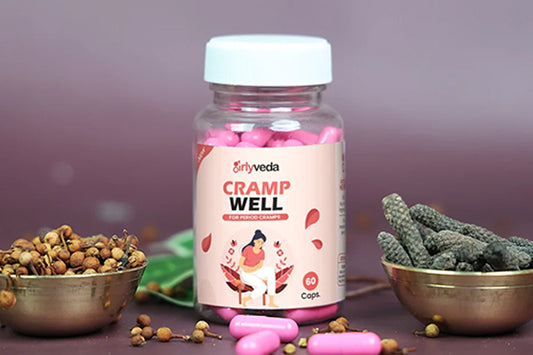
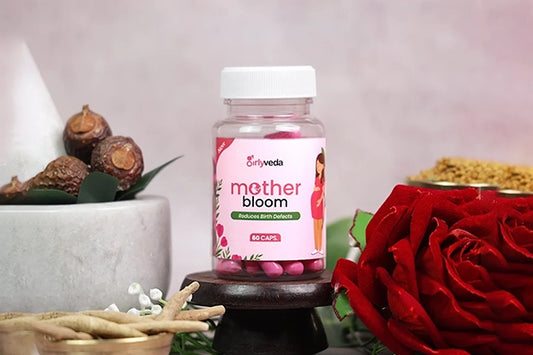
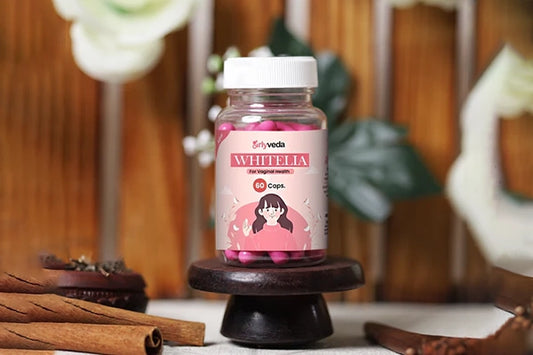
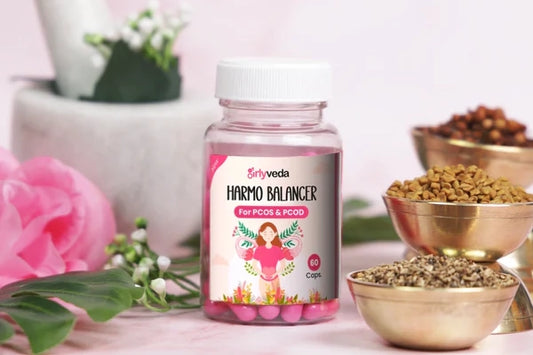
Thoughts on "PCOS Food Plan: What to Eat and What to Avoid"